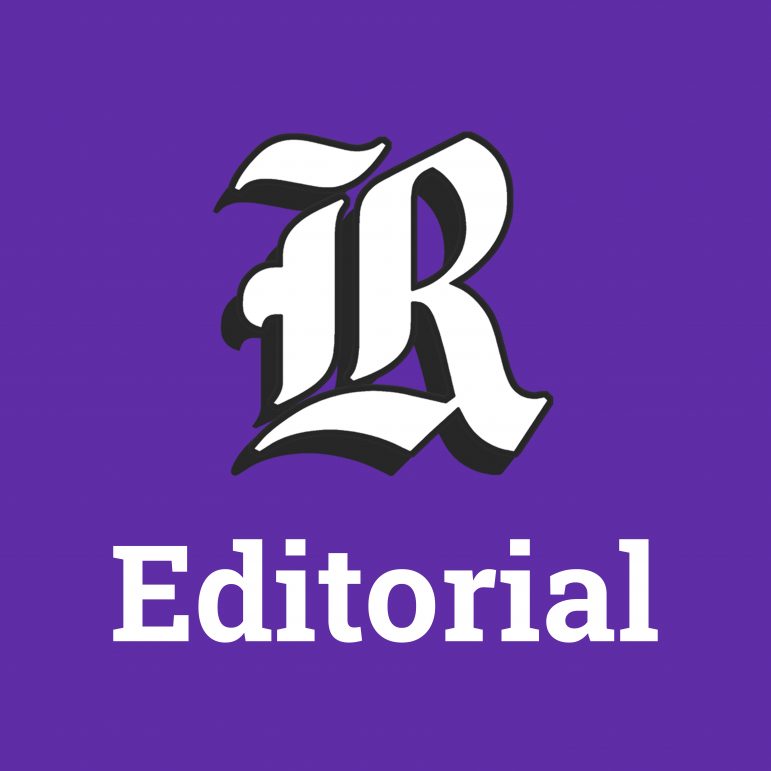Though it may still feel a lifetime away, the spring semester is fast approaching — and with it come many momentous decisions about how the College will operate. The first of those decisions came last week, when the faculty voted overwhelmingly to institute the continuous model for the spring calendar, in which spring break will be replaced by a pair of short breaks called “health days,” rather than the Thanksgiving model, which would have pushed spring break until May and subsequently ended the school year remotely.
The process that led to the vote was deeply flawed, and we hope the College approaches future decisions far more carefully. Students were never formally notified of the two options presented by the Calendar and Scheduling Committee (CSC), and had it not been for a Record survey on the two models, the faculty would have voted with no data on or formal knowledge of student perspectives. As the College moves forward in planning for the spring, students as well as staff deserve to have their voices properly heard.
Nevertheless, we applaud the decision that was ultimately made, and we appreciate that student preferences — which were strongly in favor of the continuous model — were in the end taken into account. But the adoption of the continuous model also presents new challenges which we hope faculty and administration will consider as they look toward the spring.
A 12-week semester with no significant break is a daunting prospect for both faculty and students, and the risk of burnout is high — not to mention the continued stress we will all feel because of the pandemic. Thus, it is more important than ever that faculty respect the short breaks that the calendar does provide. As the CSC stated, the semester’s three health days are distinct from reading period and are a time for students to “pause and take some time to tend to their physical and psychological wellbeing.” We hope professors heed this call and approach the short breaks with care.
This may mean delaying major deadlines or exams so that they don’t happen immediately after health days; it may mean reducing reading assignments or problem sets; it certainly means canceling class meetings and rescheduling tutorial meetings that fall on health days. Above all, it means viewing health days not as a special perk or as a time for added work, but rather as a critical space to mitigate burnout and keep students healthy. Our spring vacation has been entirely canceled, which means that these health days are our only break, and faculty should treat it as such.
For many students, the coming semester will be the most difficult they will experience at the College, because of the altered schedule as well as turbulent family and personal situations amid COVID-19. The health days provided may be short, but their importance is clear, and it is up to faculty and the administration to ensure they are respected. The health and happiness of the student body are at stake.










